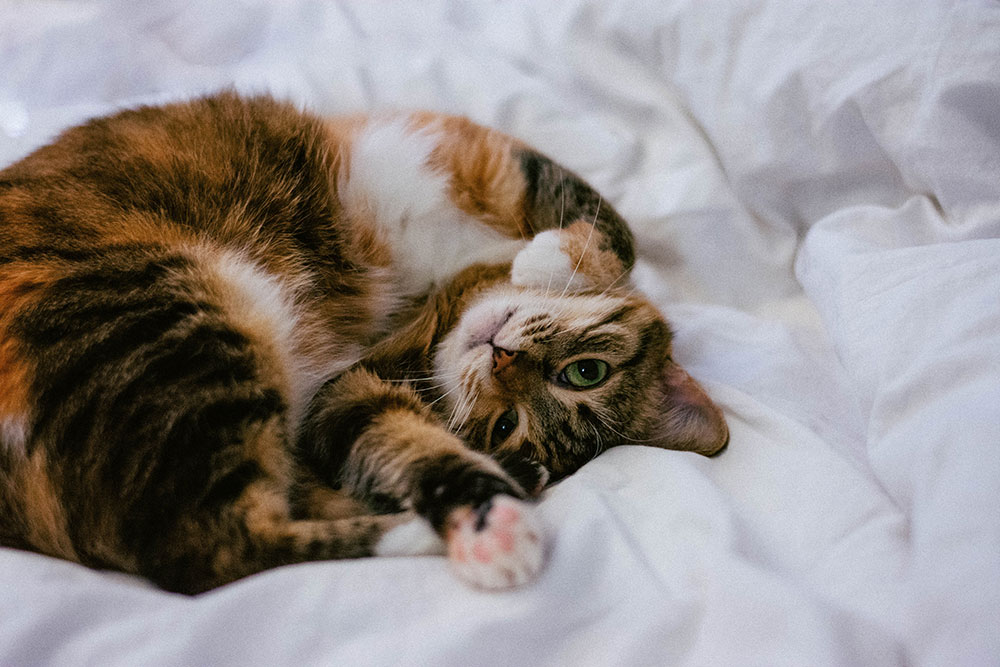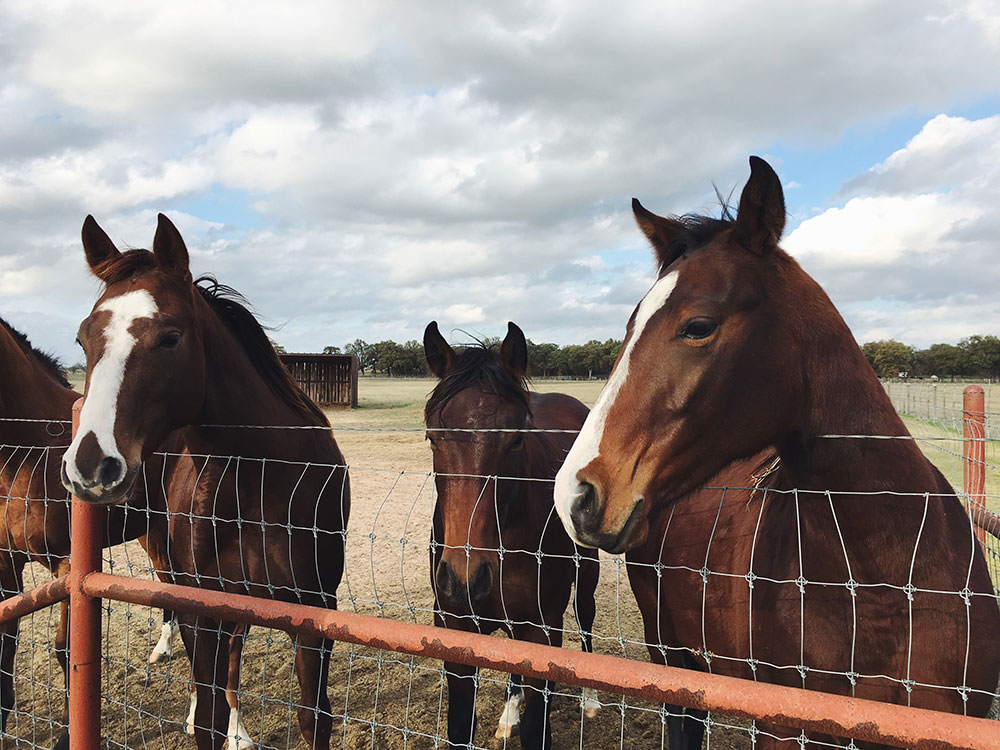For most clients, their family pets are just that – family. These pets are members of the family, and for some, they are their primary family. With such an important position in the family, it is only logical that you want to provide for them if something unfortunate happens, such as incapacity or death.
Often, clients have had general conversations with family or friends, and one has agreed to take over care of the pet if necessary. While they may be well-intentioned, if the unfortunate occurs, the reality might be they are unable to fulfill that promise. Perhaps they, or a member of their household, have a health condition that can prevent them from living with your pet. Personally, I have an allergy to dogs – even hypoallergenic ones! Or, maybe they live in a location that will not allow them to house a pet, such as an apartment complex with a strict no-pet policy. Possibly they cannot afford the long-term commitment to take on another pet.
According to bestfriends.org, the caretaker’s death is one of the top reasons cats and dogs are turned over to shelters; almost 11% of all cats and dogs in shelters are there because their owners died. That is 594,000 pets in US shelters because there was no plan for them, and no friend or family member took them in.
So, what is your option now to make sure your fur baby is cared for in the event of something unfortunate happing to you?

Pet Trusts
A pet trust is a legally enforceable alternative to the well-intentioned understanding you might presently have with a family member or friend. It establishes the people and the funds needed to guarantee your pet or pets are well cared for during a period when you cannot care for your pet yourself.
What to know about establishing a pet trust.
A pet trust can be established during your lifetime or upon death as well.
A pet trust created while you are living is funded by you and names you as the trustee of the trust. You have control over the funds in the trust and can use them for your pet as needed. You can add funds to the trust during your lifetime and can leave additional money to the trust upon your death via your living trust or Will.
What to know about naming a successor.
You can name successor trustees to take over when you are incapacitated or after your death. You can name the successor trustee to take physical custody of your pet, or you can list other caretakers to work with the trustee to ensure proper care of your pet.

What animals should have a pet trust?
Pet trusts are not only for dogs and cats but are very important for any animal that has a long life expectancy, such as birds, or for animals that are expensive to care for, such as horses.
Both birds and horses can be difficult to place, so proper planning is important.
When will the pet trust terminate?
Your pet trusts will terminate when the pets who were living at your time of death die.
Who will receive funds remaining in the trust once the pet dies?
Another advantage of a pet trust is the ability to choose who will receive any trust funds that remain when the trust terminates. An animal shelter or foundation is a common choice, but you have the right to name anyone you want to receive the balance that remains in the pet trust.
Conclusion
There are many facets to a pet trust that you will want to discuss with your estate planning attorney, but a pet trust is a useful tool to consider if you have any concerns regarding how your pet will be cared for when you are gone or incapacitated.
Contact us today, so you have peace of mind that your pets will be cared for should the unfortunate occur.


